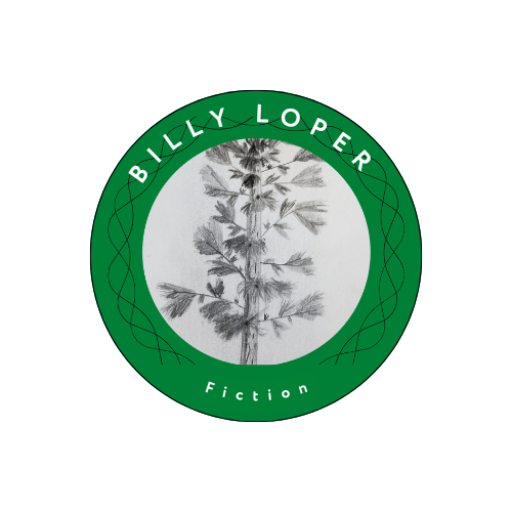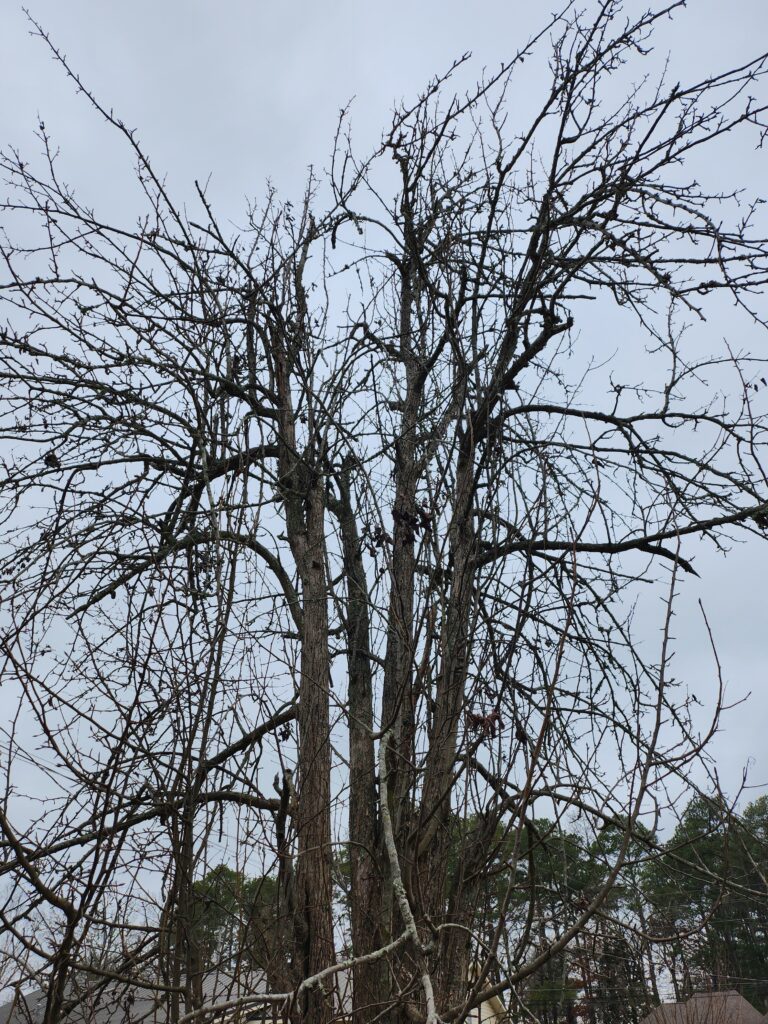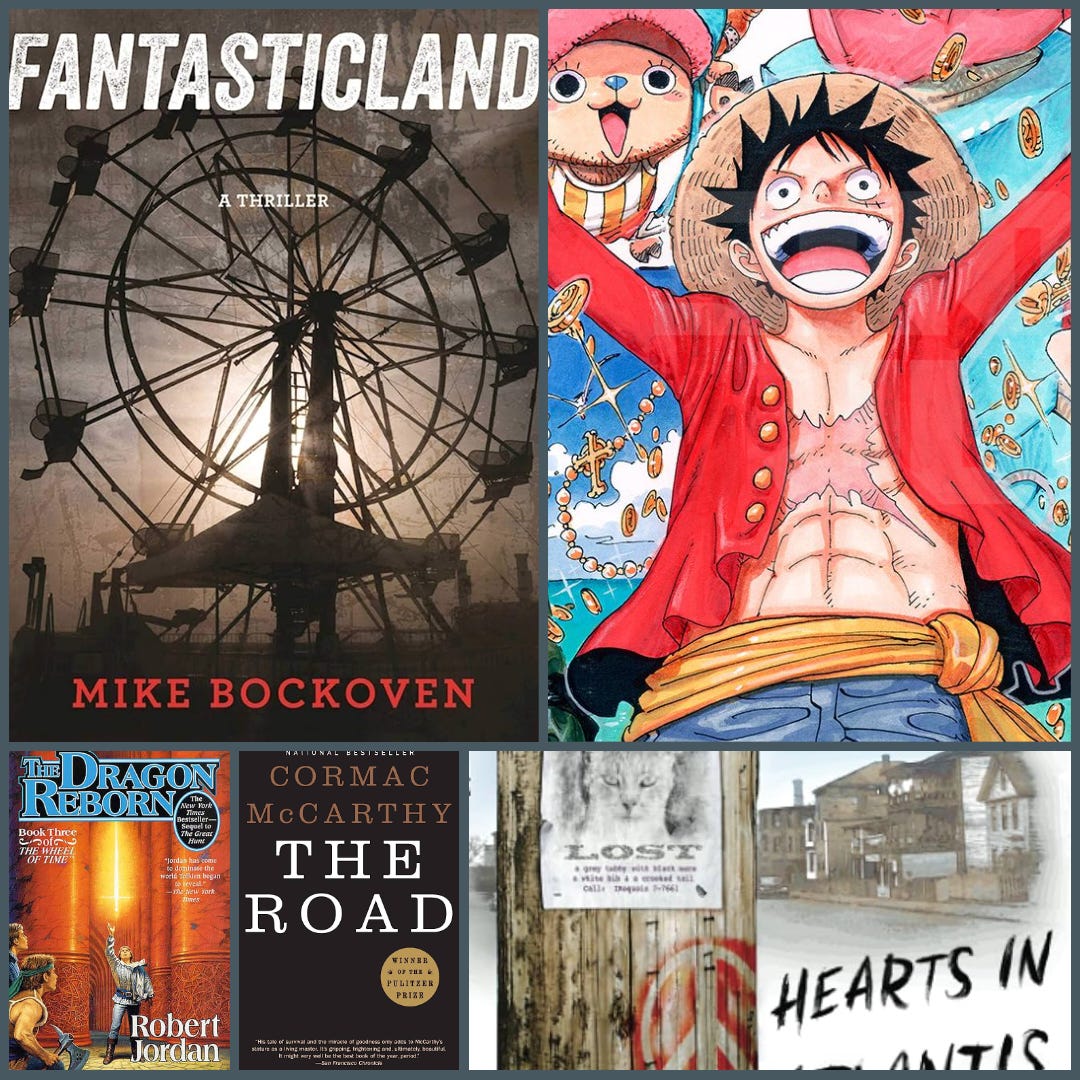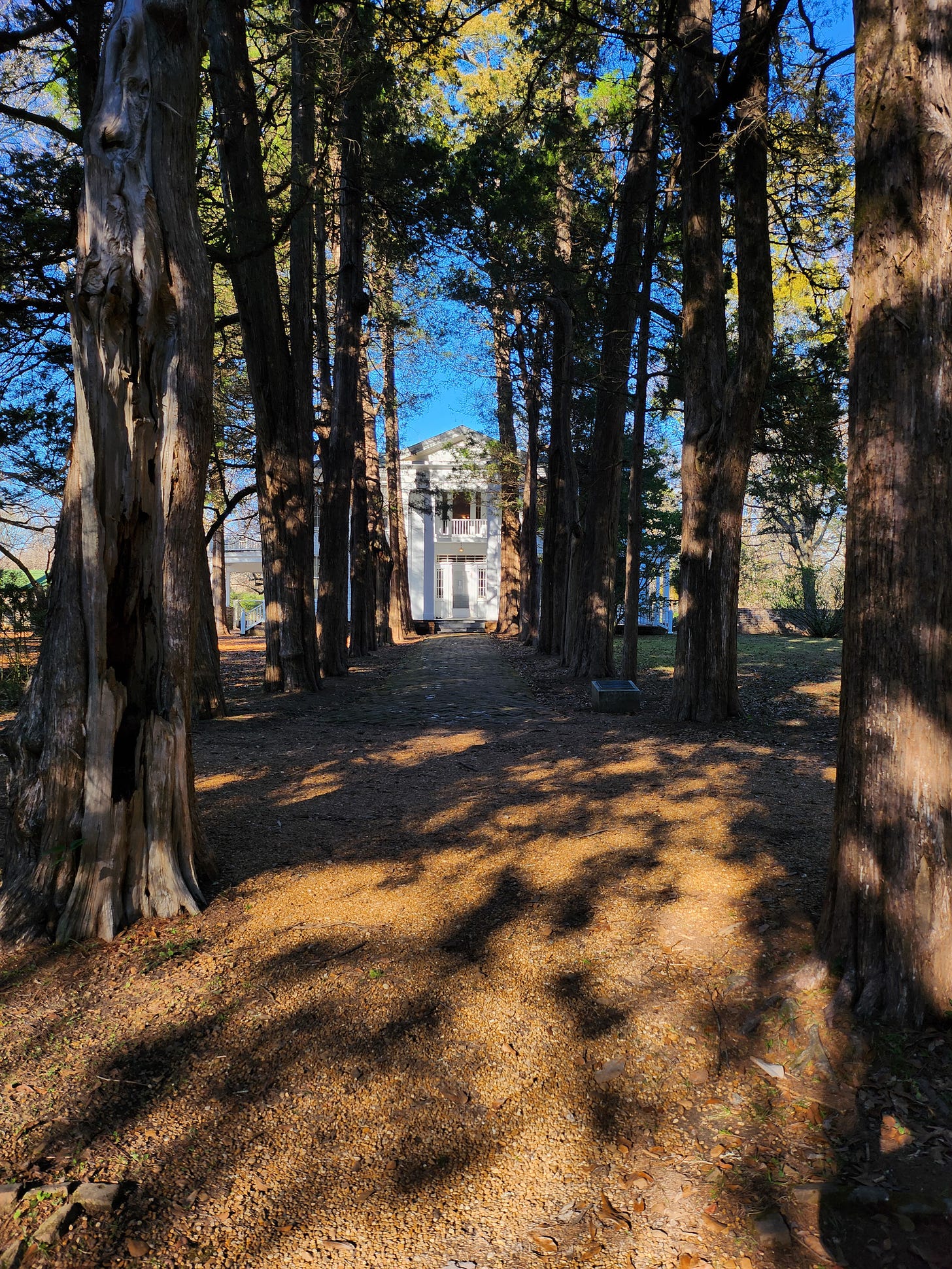Thanks for reading!
Any support, even just giving these posts a read, is always appreciated.
This Month Will be a Little Different:
June is a busy month in my life for a lot of reasons, and this June has already been one of particular intensity both physically and mentally. So, you’ll excuse me if I cheat. Instead of my typical newsletter, I’m sharing a (very) short piece of creative nonfiction that I wrote for an author event I did a while back in Brandon, Mississippi.
Among the many things that makes June a consistently stressful month for me and my family, Father’s Day rests neatly in the middle. The task of scheduling family get-togethers in an already busy month on top of trying to take some time for ourselves as a family is only been compounded by the loss of my grandfather last May. So, in an effort to remove some of the general tensions right now, and provide a little memorialization for my grandfather, this month’s newsletter is just a piece of short CNF, dedicated to him.
It’s short, but I like it. I hope you will too.
“GRAVESIDE”-BY: Billy Don Loper
The light filtered down through Granny’s pine trees the way it always had. Little glimmers of radiance caught in a breathless moment before being cast to the ground in their moving shimmer. The trees had been little once, toddling things dug up from somewhere near the fence row on the other side of the graveyard. She had always intended to move there, that little patch of hilly old farm field on her father’s land, closer to her children and grandchildren. But, the grandchildren moved away, and before long, it was too late, and she was too old and eaten up with cancer to move anywhere.
Still, she did make it there, in the end. Her own stone placed just beyond the fence of the family graveyard, there in the place where the pines cast their light. She had always liked the shade of her trees, so it seemed right and proper that she should spend her time in the ground beneath them. That had been The Eldest’s decision, as most of them had been. When the long wait passed and the heavy stone finally placed, a double one waiting on its other occupant, a little bench was put there too. Green or black, the color never really stood out against the rusting wrought iron and flaking paint, but it was sturdy and high enough that The Husband didn’t need any help getting up.
That’s where I’d found him, me being the Eldest of the Eldest and sent to hunt him down an hour late for the family Easter. He was sitting on the bench, a metal cane leaning on one knee, and as soon as I shut my truck door I could hear him talking to her. He sat on the side of the bench aligned with his own stone, leaving space enough for her. I think I could see that when I walked the short way from the end of the drive to her trees, and that’s why I never did sit down. I hated making him look up to me, but it didn’t feel right to sit there in a spot he had saved for someone else.
“Hey, there you are. Dad sent me looking for you.”
“Mm? Why’s that?”
“Easter. You’re done supposed to be over at the house.”
That thin, gaunt face that I never did reconcile as his pulled tight when he nodded, his focus back to her and her trees. He did, though, spare a moment to glance at his watch. “Didn’t realize it’d gotten so late.”
“That’s all right. We just didn’t want you to have gotten off or hurt.”
“No, I’m all right. Just sitting here. I like to come sit every once in a while.”
“Okay, well. You sure you’re okay?”
“Oh yeah, just want to sit here a bit longer. I’ll come on in a little while.”
There was a silence there, however brief, that lingered between me and him. His frame, thinned and worn down by his heart disease and her cancer, didn’t look like the man I had grown up knowing. It never did, no matter how long I lived with it or how long it was the truth. I thought about all the trouble we’d had with him in those weeks leading up. His mind slipping, the doctor’s screaming Alzheimer’s despite its sudden appearance, though that never quite settled with me. It always felt like the long weariness of a house once shared, now filled with ghosts and memories.
“All right, well. I’m gonna head back and let Pop know you’re here and okay. You going to come on that way in a little bit, right?”
“Yeah, just a little bit.”
“Okay, see you when you get there.”
My boot heels scraping on that half-damp grass hid most of it, but even before I stopped to open the door of my pickup I could hear him. With her again.
Part of him, anyway.
For Donald Ray Loper-Father, Grandfather, and Great Grandfather.







